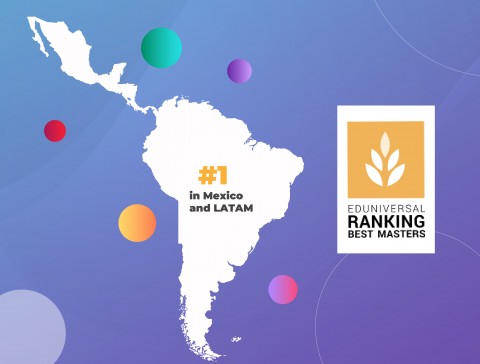EGADE Consolidates its Academic Leadership at AOM 2024
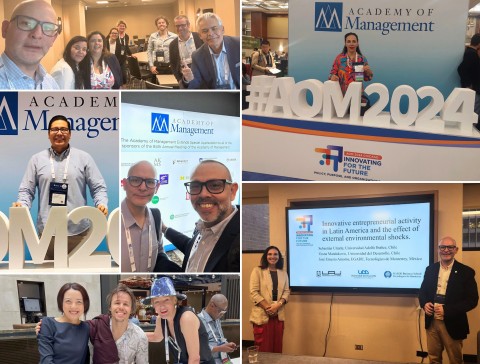
EGADE Business School faculty members and doctoral candidates share their research advancements and contribute to international academic debate.
By JOSÉ ÁNGEL DE LA PAZ | EGADE BUSINESS SCHOOL
EGADE Business School -Tecnológico de Monterrey was an outstanding participant at the 84th Annual Meeting of the Academy of Management (AOM 2024), held from August 9 to 13 in Chicago.
The event, centered on "Innovating for the Future," gathered academics and global leaders to explore the interrelationship between innovation, politics, and purpose in management and organizations.
A group of professors and students from the Ph.D. in Administrative Sciences, representing EGADE Business School, attended the event, presenting research undertakings and actively participating in sessions and workshops.
Jill Kickul, Alysha Shivji, Bryan Husted, Ajnesh Prasad, Rajiv Maher, Felipe Symmes, Ricardo Buitrago, and José Ernesto Amorós, along with doctoral students Katia Villafuerte, Yuri Hirayama, and Milton Paredes, participated as academics from EGADE Business School.
The EGADE Business School representatives presented their research in different AOM divisions, sharing their advancements and contributing to international academic debate.
Apart from presenting their papers, the EGADE Business School participants also played a vital role in the Professional Development Workshops (PDW), where they addressed critical topics on teaching, research, and academia’s connection to diverse sectors.
Within the event's framework, EGADE Business School, the Undergraduate School of Business, and the Faculty of Excellence initiative of Tecnológico de Monterrey co-organized a reception with the Iberoamerican Academy of Management to strengthen the school’s presence among the Latin community participating in AOM.
José Ernesto Amorós, associate dean of Faculty at EGADE Business School, also took part in executive meetings of the Iberoamerican Academy of Management, where he acted as vice president, and of the Entrepreneurship Division, of which he is a committee member.
It must be noted that EGADE Business School is a Gold Sponsor of the Entrepreneurship Division and supports all its activities.
EGADE Business School's presence at AOM 2024 reaffirmed its commitment to research, academic excellence, and leadership in global business education.
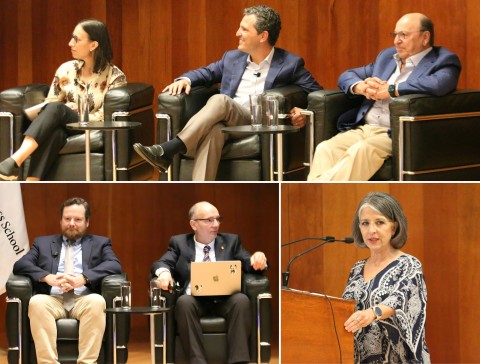
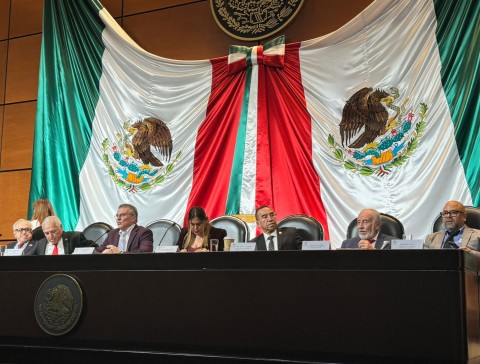
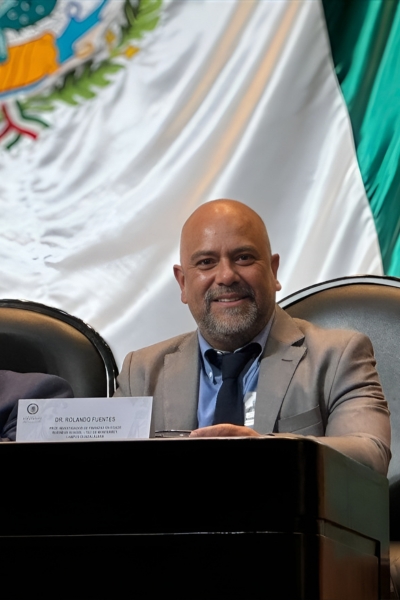
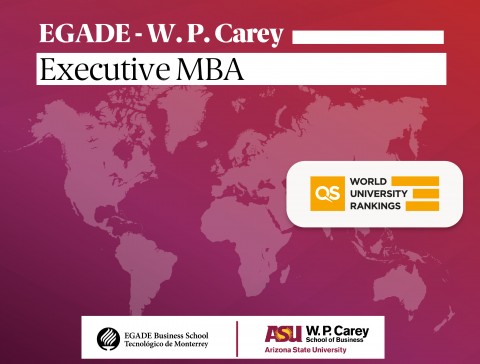
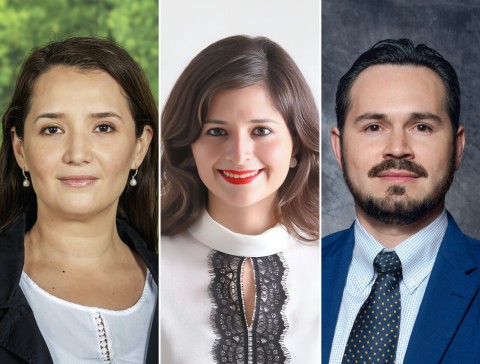

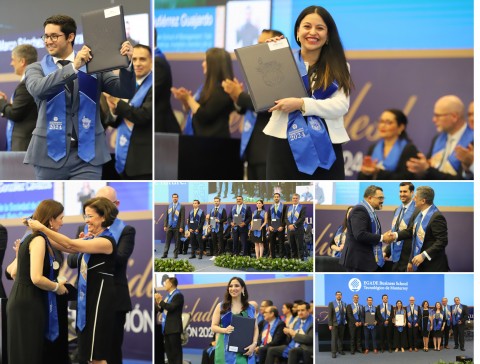
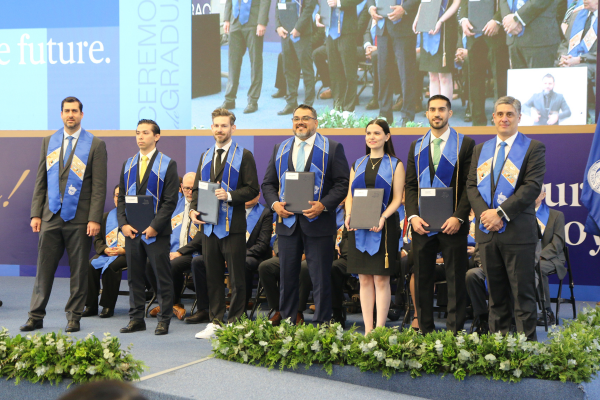
.png)
.png)
.png)
